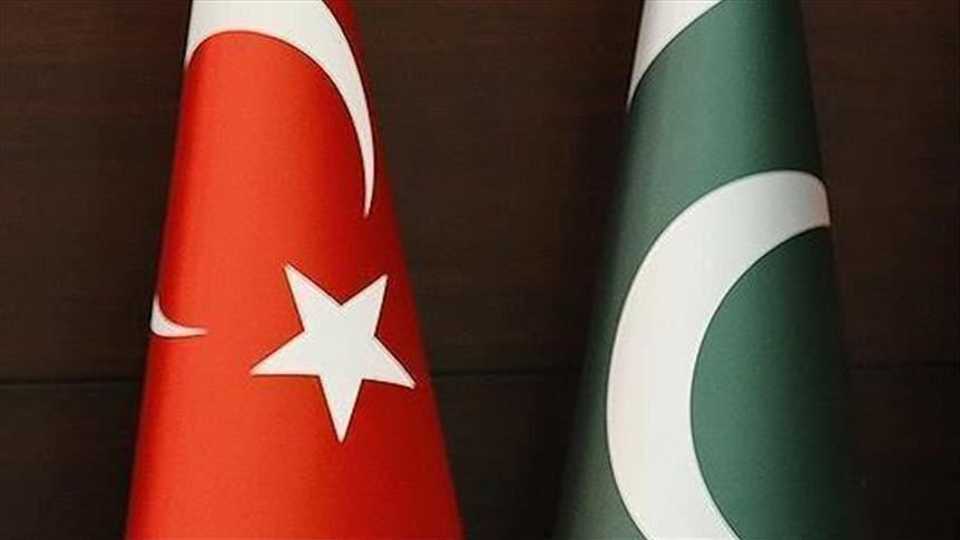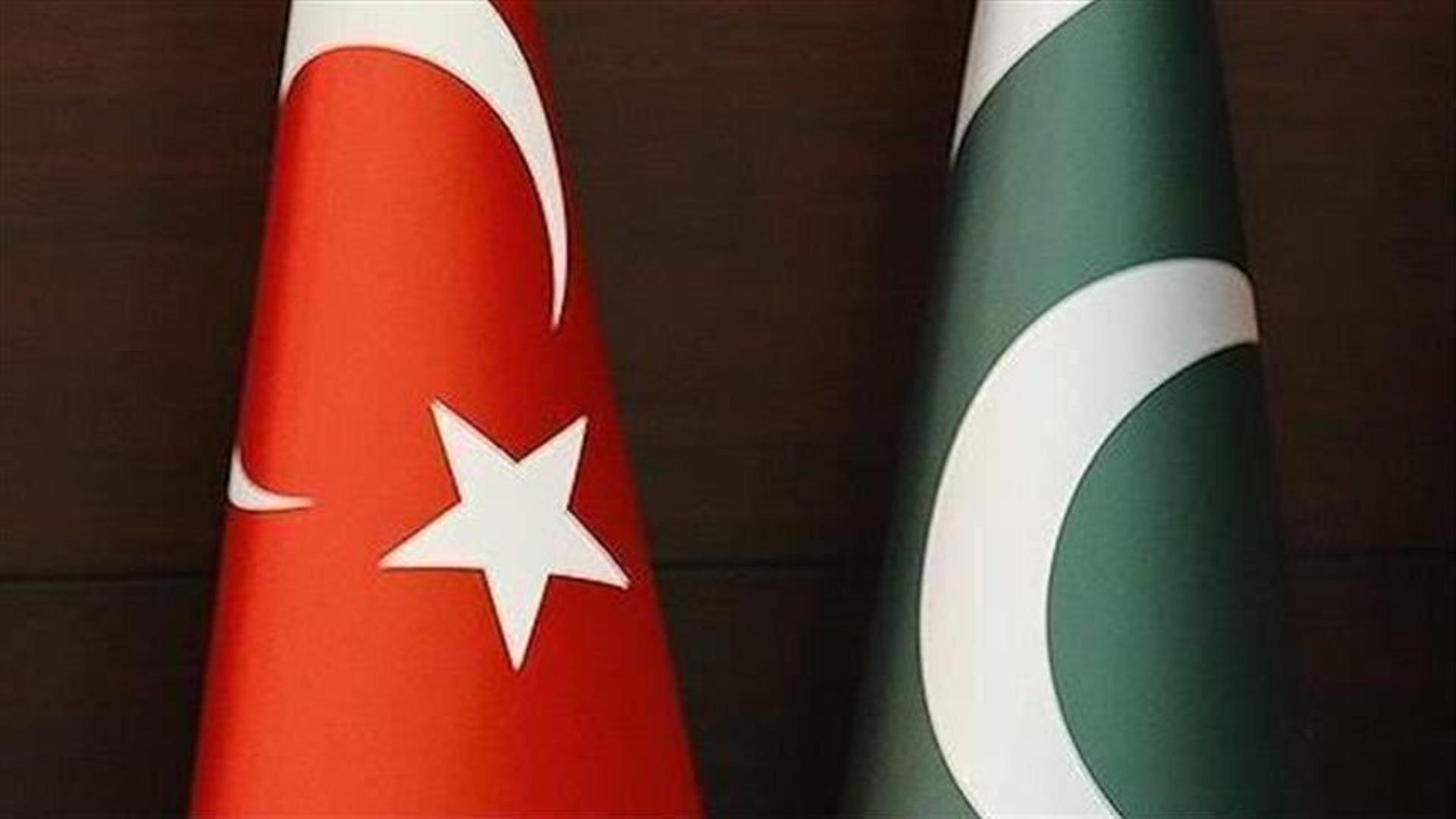
Pakistan on Monday thanked Turkish President Recep Tayyip Erdogan for supporting his country’s stance in the current crisis following India’s decision to strip disputed Jammu and Kashmir region of its decades-long autonomy.
“We thank Turkish President Recep Tayyip Erdogan for raising voice in favour of the unarmed Muslims of the occupied Kashmir”, Foreign Minister Shah Mahmood Qureshi said while talking to his Turkish counterpart Mevlut Cavusoglu over the phone, said a statement by Pakistan’s foreign ministry.
Qureshi telephoned Cavusoglu to discuss the situation, especially the human rights violations in the disputed Himalayan valley, the statement said.
India, earlier this month, removed all special provisions granted to Indian-administered Jammu and Kashmir under Article 370 of Indian Constitution.
It also divided the erstwhile province into two centrally administered “union territories” and took away powers from the assembly.
Jammu and Kashmir is under near-complete lockdown since Aug. 5 after India scrapped the special provisions, according to several rights group, including the Human Rights Watch and Amnesty International.
India blocked communications and imposed strict restrictions to thwart any rebellion while political leaders in the region have been detained as the right groups repeatedly called on New Delhi to lift the restrictions and release political detainees.
Turkey had expressed concern that India’s decision will increase tensions.
“Turkey and Pakistan have always supported each other’s stance on several international issues,” Qureshi noted praising Turkey for its efforts to unite the Muslim ummah.
He called upon Ankara to work to “stop human rights violations and end the ongoing curfew” in the valley.
Turkish Foreign Minister, according to the statement, said that Ankara was closely monitoring the situation in Jammu and Kashmir.
Cavusoglu said while expressing its concern over the current situation after the recently held United Nations Security Council meeting on Kashmir, Ankara had issued a detailed statement, in which it called for resolution of the lingering dispute in line with the UNSC resolutions.
The two foreign ministers agreed to continue the bilateral discussion on Kashmir, and to meet during the UN General Assembly session next month, the statement concluded.
From 1954 until August 5, 2019, Jammu and Kashmir had special provisions under which it enacted its own laws. The provisions also protected the region’s citizenship law, which barred outsiders from settling in and owning land in the territory.
India and Pakistan both hold Kashmir in parts and claim it in full. China also controls part of the contested region, but it is India and Pakistan who have fought two wars over Kashmir.
Some Kashmiri groups in Jammu and Kashmir have been fighting against Indian rule for independence or for unification with neighbouring Pakistan.
According to several human rights groups, thousands of people have been killed in the conflict in the region since 1989.










Discussion about this post